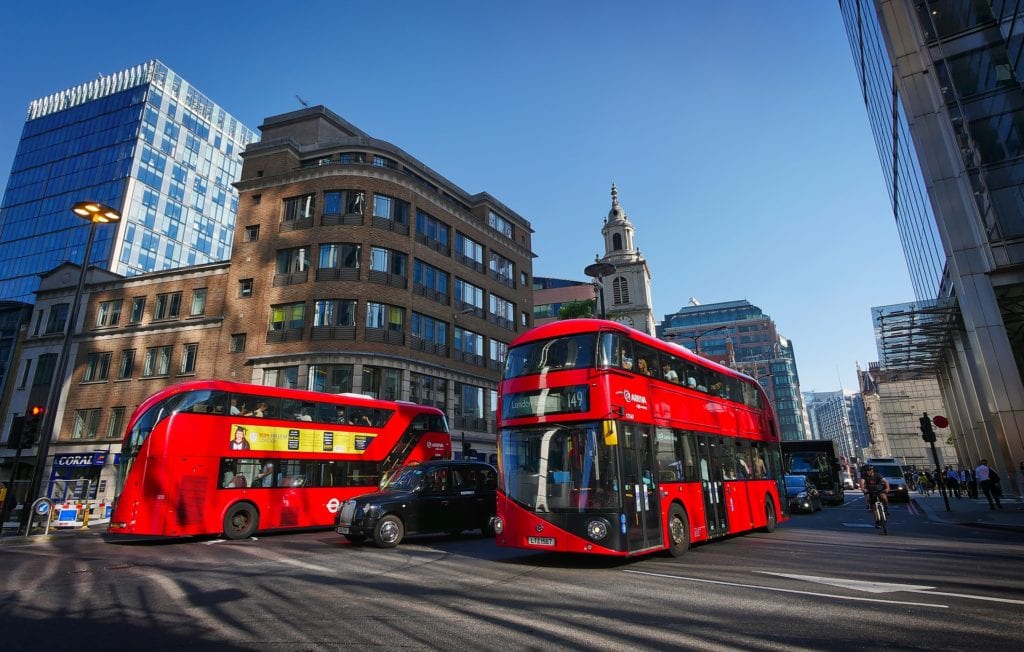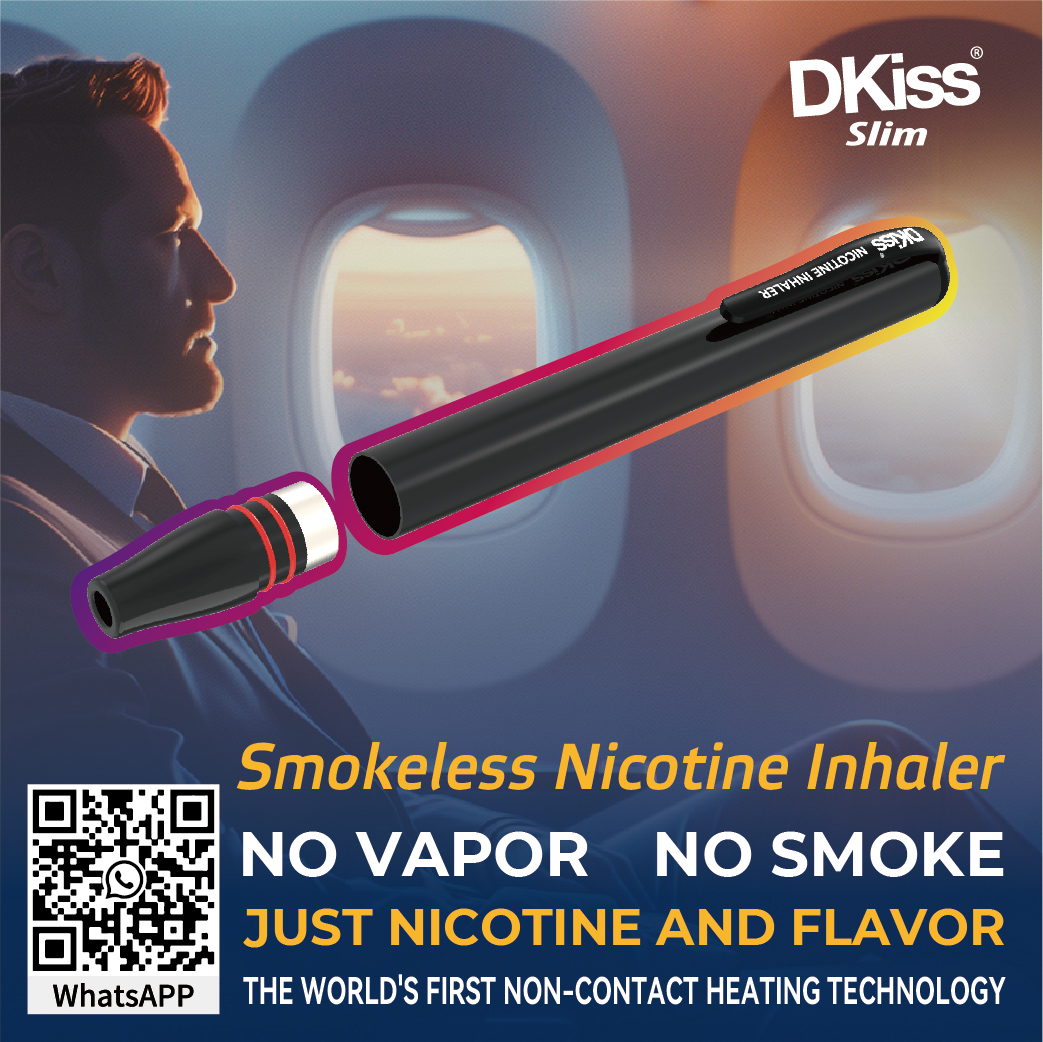Thrown Under the Bus
- Harm Reduction This Issue VV Exclusive
- March 2, 2021
- 15 minutes read

Credit: Albrecht Fietz

If society wants a smoke-free world, it cannot allow promising products to die of neglect.
By George Gay
Browsing the internet recently, I came across a report claiming that 22 countries with, according to my calculation, a total population of about 2.6 billion, or 34 percent, of the worldwide population, had banned the use of vaping products. I cannot vouch for the accuracy of those figures, but I guess they would be at least as accurate as the widely accepted estimates of worldwide, annual tobacco-related deaths.
At the same time, many people are living in countries where certain forms of vaping products are banned (Japan, for example, with a population of about 126 million) or where the appeal of vaping products has been deliberately and sometimes severely narrowed by, for instance, restricting flavors (the U.S., 328 million) or limiting nicotine levels (countries of the EU, 448 million post-Brexit).
Looking at this situation, I couldn’t help wondering whether a person with the foresight 15 years ago to have predicted the arrival on the market of products whose consumption was far less risky than was the consumption of combustible cigarettes and that could substitute for those cigarettes would have foreseen also the wide-ranging and often visceral hostility that has greeted their arrival.
I can’t help feeling that our seer would have dismissed as ridiculous the idea that these new products, vaping devices as it turned out, would be so badly served by so many governments, companies, organizations and individuals. She would surely have found it incomprehensible that smokers would be let down so badly.
Why? Well, as is still the case, 15 years ago, the combustible cigarette was the pariah consumer product and, we were told, no amount of effort was being spared in trying to do away with it. It was claimed that this was the only product that killed its consumers when used as it was designed to be used, and this claim was employed to underpin the justification for legislating for the degradation of both the product and its packaging, and the restriction of cigarette sales.

And it was not only the product that was seen as unacceptable. Cigarette manufacturers had cynically manipulated their products to make them “more addictive” and thereby keep consumers hooked and the profits rolling in. And consumers were little better. So, in the U.K. at least, they were attacked by officialdom as being smelly and then denormalized to the point where they and their secondhand smoke were cut off from normal society.
Given this, and given that vaping is recognized by most sensible people to be hugely less risky than is smoking, why is it that vaping has had such a rough ride? There are, of course, any number of reasons based on the vested interests and breath-taking hypocrisy of some individuals, researchers, companies, organizations and governments, for all of whom and which the continued use of tobacco represents a nice little earner.
But here I would like to speculate about another possible reason. Could the U.K. government at least have decided that the problem of tobacco smoking has been overblown? No, let me put that another way. Could it be that the government has decided that the net problem caused by smoking—that is, the smoking negatives minus the smoking positives—has been overblown, especially when compared with other problems it must confront? For instance, I guess it is becoming just too difficult to ignore the elephant in the morgue: the pollution-related deaths, many of which, I assume, overlap with tobacco-related deaths.
According to Damian Carrington, environment editor, writing in the Guardian on Jan. 26, a global review in 2019 concluded that air pollution may be damaging every organ in the human body as inhaled particles travel around it and cause inflammation. And it is instructive, I think, that a statement made late last year by the U.N. secretary general, Antonio Guterres, pointing out that air pollution is killing nine million people a year, has, unusually, not been trumped by the World Health Organization coming up with an even higher figure for tobacco-related deaths.
But I have a more specific reason for believing that the U.K. government might be letting smoking slip down its list of priorities. While it has been progressive in respect of encouraging the use of vaping as a means of getting people to quit smoking, during the Covid-19 pandemic, it has steadfastly refused to allow vape shops to open during lockdowns; that is, it has deemed them not to be essential, whereas a shop selling plugs for the basin in your bathroom apparently is essential. This indicates to me that the government doesn’t put much importance on encouraging people to quit smoking, though that is not to say it isn’t happy to dabble in such an enterprise.
OK, I hear you ask, could it be that the government does believe that encouraging people to quit smoking is important, but, right now, in the face of a deadly pandemic, such encouragement has had to take a back seat?
There are a number of reasons why I don’t think this is the case. One is that the government has found the time to deal with all manner of pet issues during the pandemic, such as its undermining of the BBC in an attempt to better control its image. Another was Brexit, which was hugely time-consuming, but its deadline our erstwhile fellow members of the EU had been willing to postpone.
However, the most telling reason in my view was the government’s announcement at the end of March 2020 that it was to axe Public Health England, an executive agency of the department of health and social care, and transfer some of its responsibilities, but not its smoking prevention and some other obligations, to a new organization, the National Institute for Health Protection.
Meanwhile, while the government seems to be taking its foot off the quit-smoking pedal, there are some for whom the very existence of the pandemic is seen as underlining the need for the government to encourage the switch from smoking to vaping. The usual suspects have been only too willing to tell smokers, without, I suspect, any solid evidence, that they are at increased risk of suffering severe symptoms if they are infected with Covid-19. And one respected public health professional has argued that the emphasis should be placed on fighting noncommunicable health problems because, in that way, we will all be leaner and fitter to fight the next pandemic. Hmm.
I cannot agree with these people’s reasoning, but I do maintain that this is not the time to let the opportunities offered by new generation products slip through our fingers. And in this regard, I would like to put in a word for Kind Consumer and Voke, whose fortunes I have followed on and off for a number of years. Voke, as I wrote about last year, is a product that was developed by Kind and licensed by the U.K. Medicines and Healthcare products Regulatory Agency as a medicinal product that is a safer alternative to smoking. Voke is not a vaping product but an alternative nicotine-delivery system that uses pharmaceutical-standard inhaler technology in a device that closely resembles a traditional cigarette in both the way it looks and in the way a consumer, in using the device, mimics most of the rituals of smoking.
Voke, which has no batteries and no electronics and therefore generates no heat and no chemical reactions, produces no smoke nor vapor, just an invisible, odorless aerosol, so it can be used anywhere. And its environmental credentials are good given that it is a relatively simple device made of metal, card and plastic: materials that can be recycled.
Last year, I wrote that, in theory at least, Voke should be a game-changer and that it would be interesting to follow its fortunes on the market to discover how committed smokers and vapers were to the pursuit of reduced risk.
I’m now concerned that I may never know. Voke was launched in November 2019 exclusively online, but when I visited the Voke website in January this year, this is what I was told: “Due to Covid-19 and the current financial climate, we are unable to accept any orders.”
Meanwhile, a Sky news story toward the end of last year said it was understood that Kind, which had raised £140 million from investors since it was set up [in 2006], had, at the beginning of December, called in the administrators and that they had signed off on the sale of Kind’s assets to OBG Consumer Scientific, a subsidiary of Pharmaserve, a privately owned group, for £1.6 million.
Pharmaserve, which is based in Runcorn, U.K., did not respond to requests for information, so I am unaware of what fate awaits Voke. However, one source told me that Pharmaserve had been part of the Voke supply chain, providing the device’s cannisters, and this aligns with information provided by Kind, which said last year that one of two manufacturing sites it was using was at Runcorn (the other was said to be at Waterford in Ireland). If this is the case, it is quite possible that the product will be relaunched.
It would certainly be a crime if Voke were allowed to disappear without fully testing whether it can become a game-changer. There is no doubt that, because it delivers a cool aerosol rather than a warm vapor, it presents a challenge to smokers wishing to switch. But, at the same time, its nicotine delivery is efficient enough that it has to deliver only a low dose, 0.45 mg, from which, if the U.S. Food and Drug Administration is correct, it could be inferred that it creates a significantly lower risk of sustaining addiction than do cigarettes or e-cigarettes.
And Voke seems to have some as-yet untested advantages over cigarettes and electronic cigarettes when it comes to sales channels. While the product had a medicines license that allowed it to be prescribed by a doctor in the U.K., it had also an over-the-counter drug or general sales list label, so it could have been sold anywhere from pharmacies to major retailers, corner shops and garage forecourts. And there was no reason why Voke, under another name and possibly modified, could not be sold in other jurisdictions simply as a consumer product.
Many societies that claim they want to become smoke-free have thrown obstacle after obstacle into the path of vaping devices. Surely, we are not going to let Voke fail for the want of a little investment. According to the Sky story, Kind had been looking to raise only another £36 million to deliver a revised business plan, so here, perhaps, was an opportunity for a tobacco company—or even the U.K. government.

Of course, the U.K. government is ideologically opposed to public involvement in the private sphere, but there were some good reasons why it could have justified keeping Kind and Voke going. I don’t know why Kind got to the point where it had to call in the administrators, but certainly, fate had not been kind to it. When, in 2009, Kind set out in earnest on the development of Voke, it immediately found itself in a commercial bind.
At that time, when vaping devices were still something of a novelty, it was believed that, under the then forthcoming revised EU Tobacco Products Directive, all such products sold in the EU would need to have a medicines license. But such a requirement fell by the wayside; so Voke, a device being developed at great expense within the constraints necessary to make it conform with a medicines license, was destined to compete with devices developed at less expense without such constraints. And to cap it all, Voke was launched just as the world was hit by the start of the coronavirus pandemic.
If societies believe that tobacco smoking is as harmful as it is generally made out to be, and if they are truly aiming to go smoke-free, they cannot afford to allow the army of naysayers to keep throwing vaping devices under the bus, and they certainly cannot allow a promising product to die of neglect.

